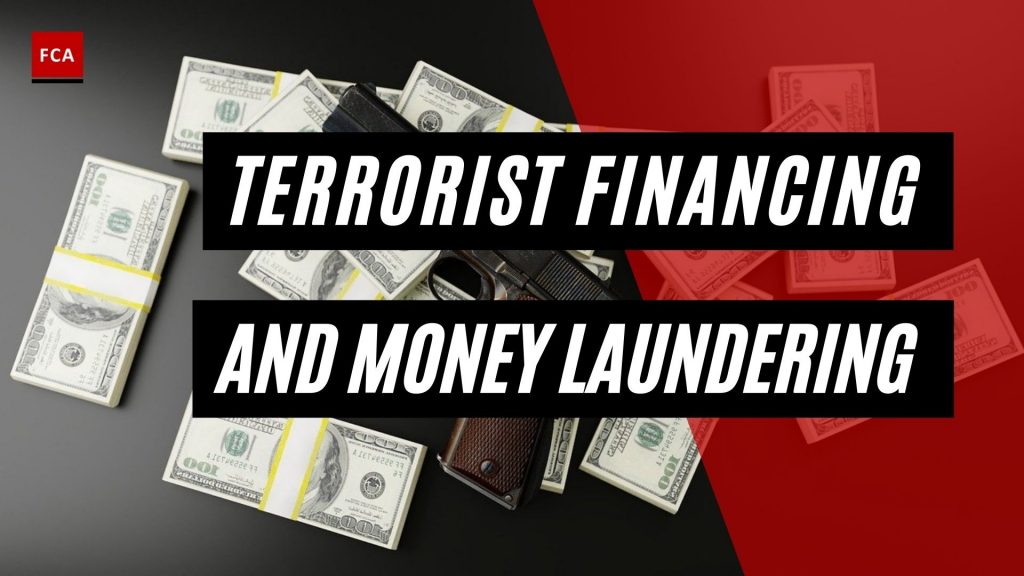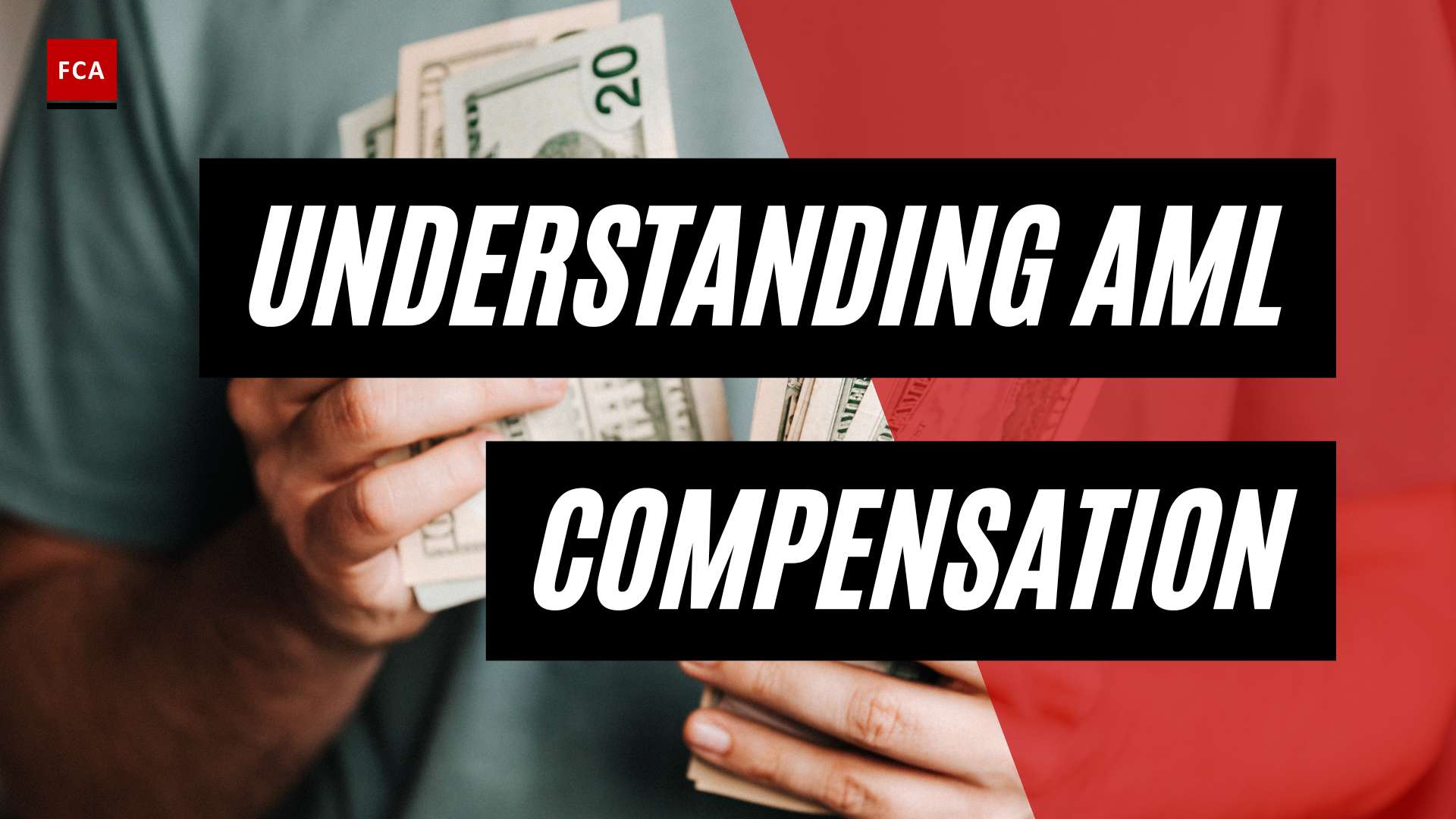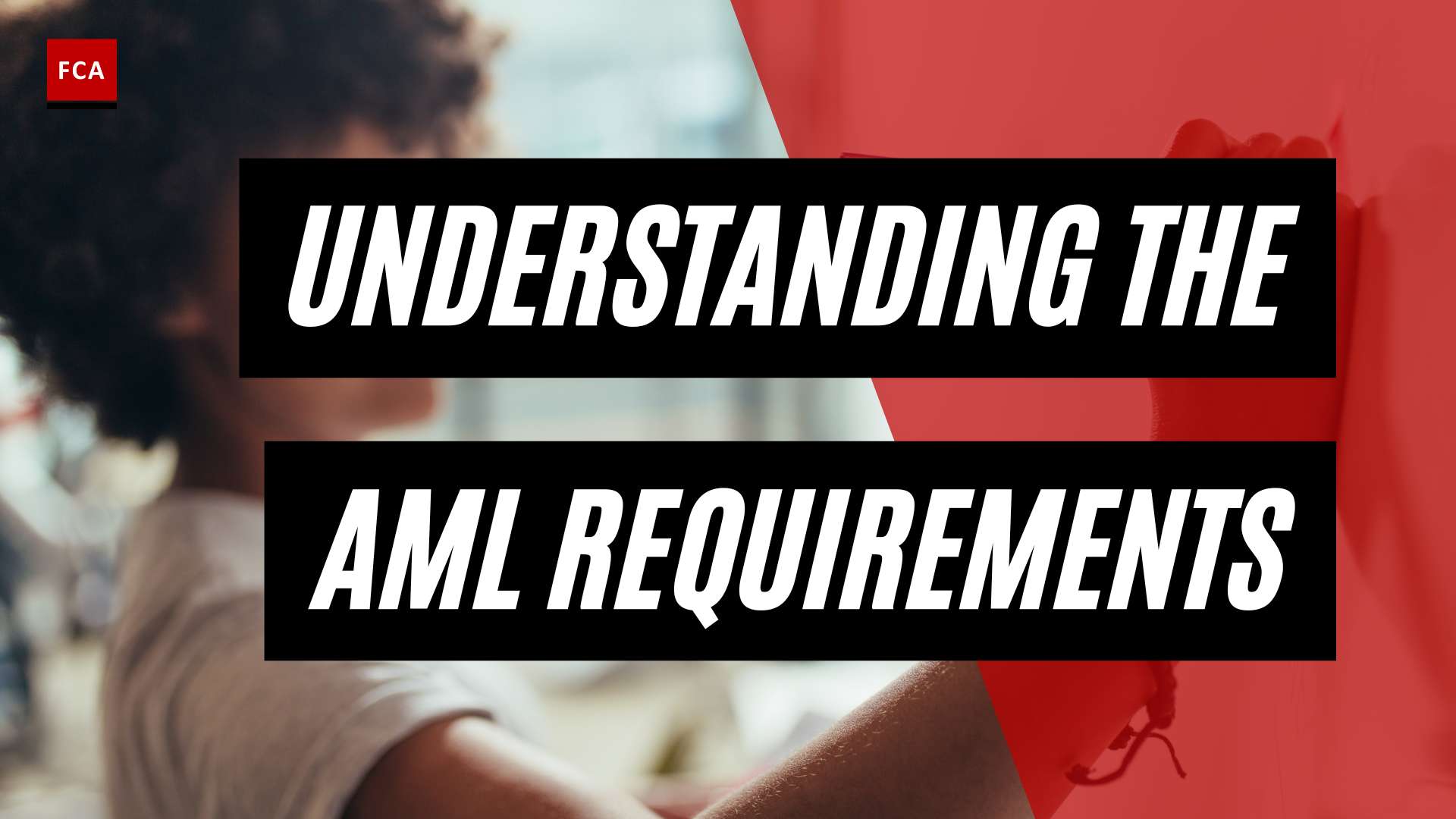Terrorist financing and money laundering. Money laundering is defined as the process of changing illegally-gained proceeds also referred to as dirty money to appear legal or clean. Typically, money laundering involves three different steps which include placement, layering, and integration.

Terrorist Financing And Money Laundering
Placement involves introducing the illegitimate funds into a legitimate financial system. Once the money gets its way into the system, the next step – layering – involves moving money around in different accounts to muddle the source and create confusion. The basis for layering is to make it more difficult to find the source of the funds. The third step is integration. This involves integrating the money into the financial system through other transactions until the “dirty money” appears “clean”.
Today, money laundering is an enormous challenge to the world’s international financial system as it has been used to fund crimes such as terrorism and drug trafficking that have adverse effects on the economy. The aim of money laundering is to disguise or conceal the identity or origin of illegally obtained proceeds. Money laundering makes it seem like proceeds have come from legitimate sources.
A common source of terrorist financing is through money laundering. Terrorists take advantage of globalization while relying on technology to transfer funds and conceal their identities. Among the channels they use to transfer the proceeds of money laundering are corporations or through the rapid transfer of money from one country to another.
Terrorism groups use the proceeds of money laundering to run their operations and further develop their enterprises. The absence of preventive measures or effective safeguards can affect the integrity of a country’s financial institutions.
Each year, billions of dollars are siphoned from legitimate economic activities, and this presents a threat to the fiscal wellbeing of nations and stability of global markets.
Money Laundering
Money laundering continues to discourage international efforts that seek to create a free and competitive economy that will eventually lead to the growth of national economies. It leads to unfair competition, renders exchange rates and interest, misrepresents the operation of market transactions, worsens inflation levels in countries where felons manage their commercial dealings, and it may also intensify the demand for cash.
Money laundering can have adverse effects, particularly among small countries. Proceeds from illegal activities are potentially enormous. This can give monetary power to unlawful syndicates offering them influence among small economies.
Terrorist Financing
Terrorist financing can be described as the process by which a person tries to collect or provide funds with the intention that they should be used to carry out an act of terrorism by a terrorist or a terrorist organization. Like criminals who engage in money laundering, individuals financing terrorism abuse the financial system. To be able to achieve their goals, they obtain and transfer their funds in a seemingly legal way.
While the funds that circulate in the money laundering network originate from illegal activities and, therefore, referred to as “dirty,” funds channeled to terrorism groups stem from both legitimate and illegitimate sources. The activities, operations, and organizational elements of terrorism may be maintained by what can be termed as “clean” and/or “dirty” money. On this basis alone, a multifaceted problem is presented while combatting terrorist financing if you were to compare it with money laundering. In this sense, the law enforcers are combatting terrorism, which is a crime, in addition to pursuing the individuals and groups who finance terrorism either through legitimate means or illegitimate means.
Irrespective of the source of the funds, terrorists and/or terrorism groups exploit financial systems similar to what organized criminal groups do. Their main goal is to ensure that both the source and destination of their funds remains obscure.
International Response To Terrorist Financing And Money Laundering
To date, the international response to terrorist financing and money laundering has focused on dismantling the economic influence of terrorism and organizations or individuals. The major goal has been to weaken their power by preventing them from making use or benefiting from illicit proceeds while on the other hand, averting the nefarious effects of the terrorism and criminal economy on the lawful economy.
The first international legal instrument to embody this money laundering strategy was the 1988 United Nations Convention against the Illicit Traffic in Narcotics Drugs and Psychotropic Substances. In its preamble, it stated that:
«Illicit traffic generates large financial profits and wealth enabling transnational criminal organizations to penetrate, contaminate and corrupt the structures of government, legitimate commercial and financial business, and society at all its levels» and upholds that the international community is henceforth «determined to deprive persons engaged in illicit traffic of the proceeds of their criminal activities and thereby eliminate their main incentive for so doing.»
Final Thoughts
In both cases, funds are withheld and purposefully hidden from authorities, and the techniques used in money laundering and terrorist financing are strikingly similar. Terrorist financing and money laundering are processes that overlap, and money that has been laundered may be used as terrorist funds.
The source of the funds is an important distinction between money laundering and terrorist financing. The source of the funds in money laundering will be some sort of criminal activity. The source of the funds is largely irrelevant in terrorist financing; the greater concern is where the money goes and who it supports. Terrorist funds can come from a variety of sources, both illegal and legal.









